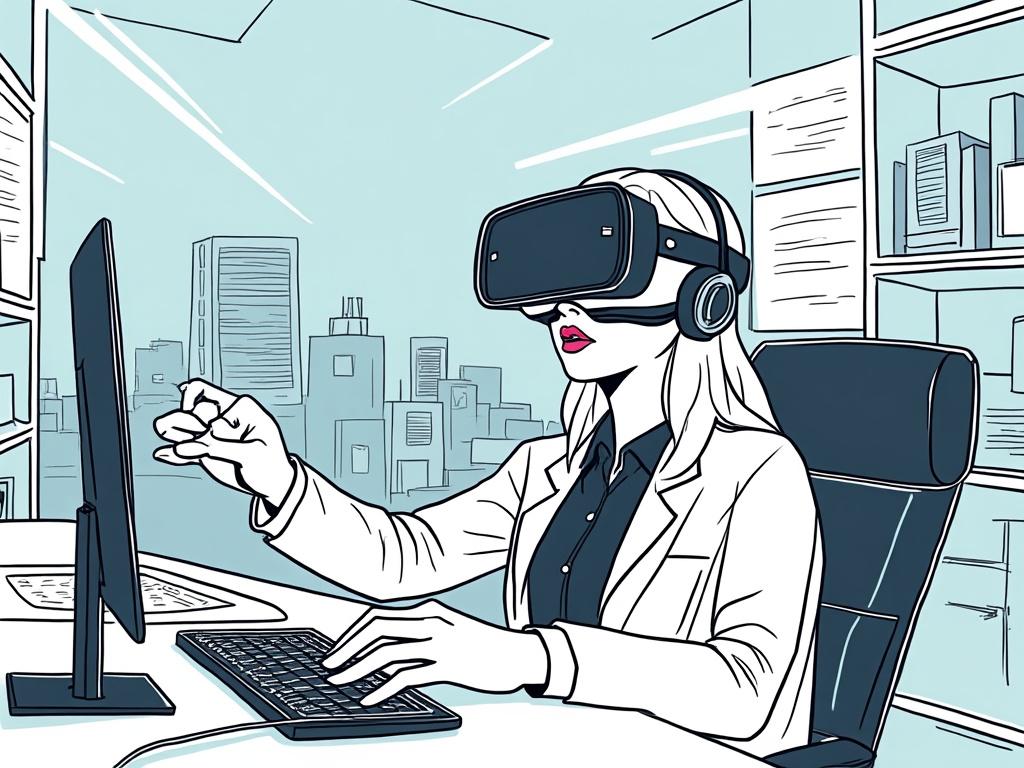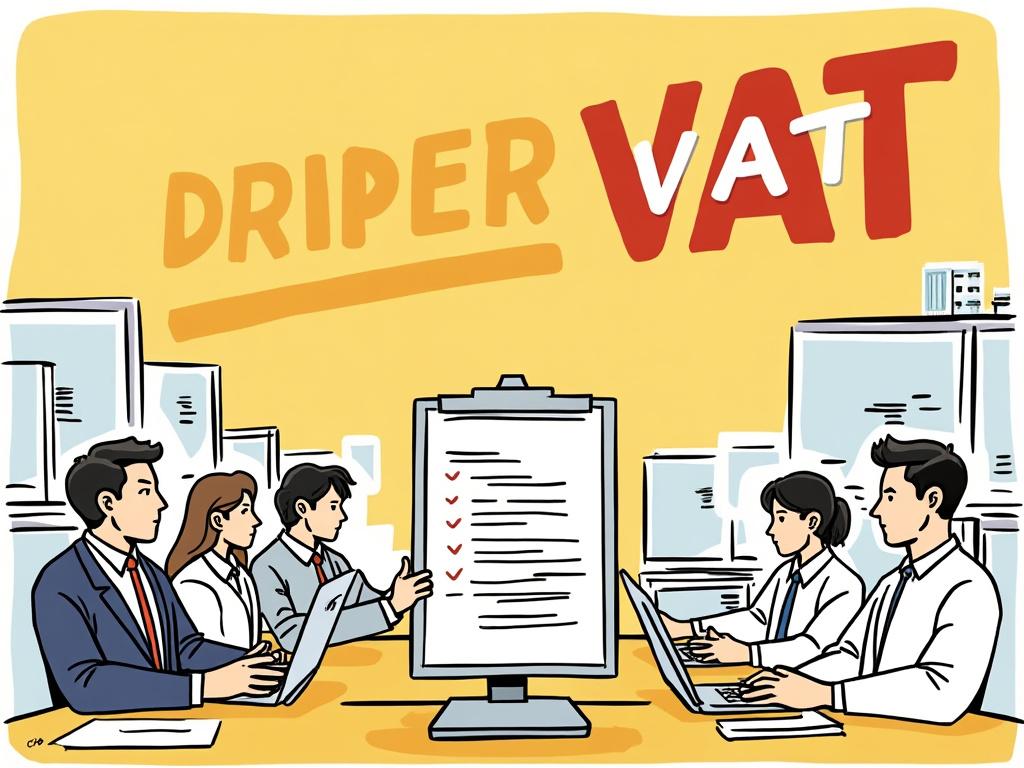
Virtual Reality (VR) and Augmented Reality (AR) in Greece: Navigating the Digital Renaissance
Reading time: 12 minutes
Ever wondered how ancient Greece, the birthplace of democracy and philosophy, is embracing the cutting-edge worlds of virtual and augmented reality? You’re about to discover a fascinating transformation that’s reshaping everything from tourism to real estate, education to entertainment across the Greek islands and mainland.
Table of Contents
- The Current VR/AR Landscape in Greece
- Key Sectors Driving Adoption
- Challenges and Strategic Opportunities
- Real-World Success Stories
- Investment and Market Trends
- Your Digital Innovation Roadmap
- Frequently Asked Questions
The Current VR/AR Landscape in Greece
Here’s the straight talk: Greece isn’t just catching up with global VR/AR trends—it’s strategically positioning itself as a Mediterranean innovation hub. With over €15 million in EU Digital Europe Programme funding allocated for immersive technologies, the country is transforming digital challenges into competitive advantages.
Market Growth Indicators
The Greek VR/AR market has experienced remarkable growth, with a 340% increase in related startups between 2019 and 2023. According to the Hellenic Association for Information and Communication Technologies (SEPE), the sector now employs over 2,500 professionals nationwide.
Greek VR/AR Market Growth Comparison (2019-2023)
340% growth
250% growth
180% growth
150% growth
Government Initiatives and Support
The Greek government’s “Digital Transformation Bible 2020-2025” specifically mentions immersive technologies as priority areas. Minister of Digital Governance Kyriakos Pierrakakis recently stated, “Virtual and augmented reality represent not just technological advancement, but a fundamental shift in how we preserve our cultural heritage and enhance our economic competitiveness.”
Key Sectors Driving Adoption
Tourism and Cultural Heritage
Greece’s tourism industry—contributing 25% of GDP—has embraced VR/AR as a game-changer. Museums across Athens, Thessaloniki, and the islands now offer immersive experiences that transport visitors to ancient civilizations.
Quick Scenario: Imagine standing in the Acropolis Museum, putting on AR glasses, and watching the Parthenon rebuild itself stone by stone before your eyes. This isn’t science fiction—it’s happening right now through partnerships between Greek institutions and tech companies.
Real Estate and Property Development
The property sector has revolutionized how potential buyers explore Greek real estate. Companies specializing in property for sale in Peloponnese now offer virtual tours that allow international clients to experience properties remotely, dramatically expanding their market reach.
Education and Training
Greek universities have integrated VR/AR into curricula, with the National Technical University of Athens (NTUA) leading pioneering research in immersive learning environments. Students can now explore molecular structures in 3D or walk through historical events as if they were there.
Strategic Challenges and Emerging Opportunities
Infrastructure Hurdles
Let’s address the elephant in the room: Greece’s digital infrastructure varies significantly between urban centers and remote islands. While Athens and Thessaloniki boast excellent connectivity, some tourist destinations still struggle with bandwidth limitations.
Pro Tip: Successful VR/AR implementation isn’t about perfect infrastructure—it’s about creative solutions that work within existing constraints.
| Challenge | Impact Level | Strategic Solutions | Timeline |
|---|---|---|---|
| Internet Connectivity | High | 5G rollout, fiber expansion | 2024-2026 |
| Skilled Workforce | Medium | Training programs, partnerships | Ongoing |
| Hardware Costs | Medium | Bulk purchasing, subsidies | 2024-2025 |
| Content Localization | Low | Local developer incentives | 2024 |
| Regulatory Framework | Low | Policy development | 2024-2025 |
Funding and Investment Landscape
The European Recovery and Resilience Facility has allocated significant resources to Greece’s digital transformation. Smart entrepreneurs are leveraging these opportunities to build scalable VR/AR solutions with international appeal.
Real-World Success Stories
Case Study 1: The Acropolis Virtual Experience
The Acropolis Museum’s collaboration with Microsoft created one of Europe’s most acclaimed AR experiences. Visitors use HoloLens devices to see the Parthenon as it appeared 2,500 years ago, complete with original colors and missing sculptures.
Key Results:
- 45% increase in visitor engagement time
- 78% of users rated the experience as “life-changing”
- International media coverage worth over €2 million in marketing value
Case Study 2: Island Hopping VR Platform
A Greek startup developed a VR platform allowing users to virtually explore remote islands before booking trips. The solution addresses over-tourism concerns while promoting lesser-known destinations.
Business Impact: Partner travel agencies reported 35% increased bookings for featured islands, with visitors better prepared and more satisfied with their actual experiences.
Case Study 3: Medical Training Revolution
The University of Crete’s medical school implemented VR surgery simulations, reducing training costs by 60% while improving student performance scores by an average of 25%.
Investment and Market Trends
Venture Capital Interest
Greek VR/AR startups attracted €8.3 million in funding during 2023, with international investors showing particular interest in tourism-focused applications. Notable investors include Marathon Venture Capital and Velocity Partners.
Corporate Adoption Patterns
Large Greek corporations are increasingly integrating immersive technologies:
- COSMOTE: Developing 5G VR experiences for retail locations
- Hellenic Petroleum: Using VR for safety training and equipment maintenance
- Alpha Bank: Implementing AR for customer service enhancement
Future Market Projections
Industry analysts predict the Greek VR/AR market will reach €45 million by 2027, driven primarily by tourism, education, and healthcare applications. The compound annual growth rate (CAGR) is projected at 28.5%.
Your Digital Innovation Roadmap
Ready to navigate Greece’s VR/AR landscape successfully? Here’s your strategic action plan:
Immediate Next Steps (0-6 months):
- Market Research: Identify your specific niche within Greece’s VR/AR ecosystem—tourism, education, healthcare, or real estate
- Network Building: Connect with the Hellenic Association for ICT, attend VR/AR meetups in Athens and Thessaloniki
- Pilot Development: Create a minimum viable product focusing on a specific Greek market need
Medium-term Strategy (6-18 months):
- Partnership Formation: Collaborate with Greek universities, museums, or tourism boards
- Funding Acquisition: Apply for EU digital transformation grants and connect with local VCs
- Technical Infrastructure: Establish development capabilities or partnerships with Greek tech talent
Long-term Vision (18+ months):
- Scale Internationally: Use Greece as a launchpad for Mediterranean and European expansion
- Innovation Leadership: Contribute to setting industry standards and best practices
The convergence of ancient heritage and cutting-edge technology creates unprecedented opportunities for visionary entrepreneurs and established companies alike. Greece’s unique position—bridging European innovation with Mediterranean culture—offers a distinctive competitive advantage in the global VR/AR market.
Are you ready to be part of Greece’s digital renaissance and transform how people experience one of the world’s most culturally rich nations?
Frequently Asked Questions
What are the main funding opportunities for VR/AR projects in Greece?
Greece offers multiple funding streams including the EU Digital Europe Programme (€15M allocated), the Recovery and Resilience Facility, and local venture capital. The Greek government also provides tax incentives for digital innovation companies. Startups can access grants ranging from €50,000 to €500,000 depending on project scope and impact potential.
Which Greek cities offer the best infrastructure for VR/AR development?
Athens and Thessaloniki lead in infrastructure quality, offering robust internet connectivity, tech talent pools, and established innovation ecosystems. Patras and Heraklion are emerging as secondary hubs, particularly for university-linked projects. Island locations may face connectivity challenges but offer unique opportunities for tourism-focused applications.
How is the Greek government supporting VR/AR industry development?
The government’s Digital Transformation Strategy 2020-2025 specifically prioritizes immersive technologies. Support includes regulatory framework development, educational program funding, public sector pilot projects, and international partnership facilitation. The Ministry of Digital Governance actively promotes VR/AR adoption across tourism, education, and cultural preservation sectors.

Article reviewed by Charlotte Ellsworth, Commercial Real Estate Developer | Transforming Urban Landscapes, on June 6, 2025


